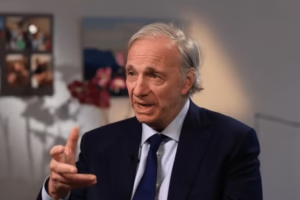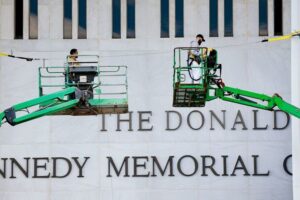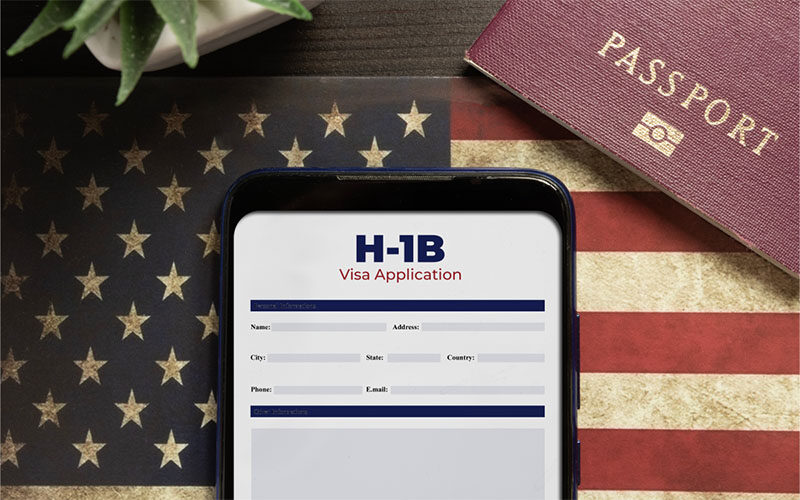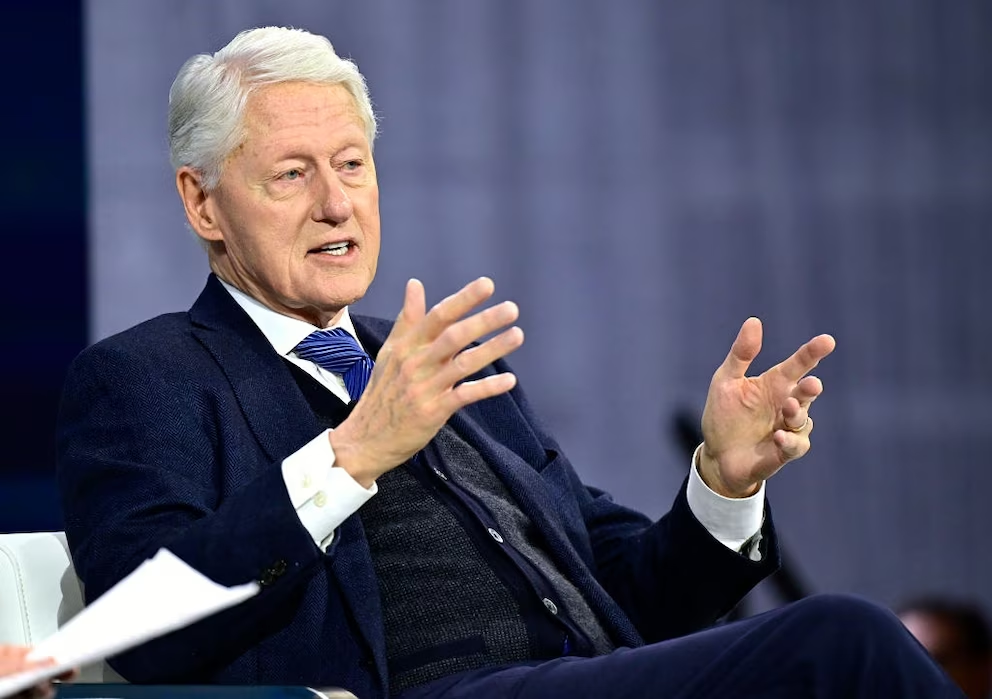The United States Department of Labor has launched a rigorous investigation into more than 175 suspected cases of H-1B visa program fraud by employers, signaling an aggressive move to safeguard American jobs and uphold legal hiring practices. These sweeping probes come as part of “Project Firewall,” an enforcement initiative rolled out in September 2025, shortly after the implementation of a one-time $100,000 fee on H-1B visa applications introduced by former President Donald Trump.
At the heart of this campaign is Labor Secretary Lori Chavez-DeRemer, who personally authorized each investigation—an unprecedented move for the department. Emphasizing the significance of the crackdown, she stated, “Rooting out fraud and abuse will guarantee that highly skilled jobs are prioritized for Americans first as we work to restore our nation’s economic strength.” The administration reiterated its resolve to protect the American workforce, holding employers accountable for circumventing rules and exploiting foreign workers.
Project Firewall was designed to address ongoing abuse and ensure that the H-1B visa process benefits both American talent and genuinely skilled foreign workers. The investigation uncovered several patterns of misconduct, including employers paying highly qualified visa holders significantly less than wages promised in official documents. This practice not only undermined the job prospects of American professionals but also pressured US workers with similar qualifications into accepting diminished pay to stay competitive.
Another red flag involved fraudulent Labor Condition Applications (LCA) submitted by employers. Legally, the LCA process obligates employers to notify the existing American workforce before hiring H-1B, H-1B1, or E-3 visa holders. Reports revealed that some companies listed fake or non-existent work locations on these forms, misled workers about their assignments, and even failed to report employee terminations promptly, leaving inaccurate records with authorities for weeks or months. Additionally, there were documented instances where salaries didn’t match those described in the applications, and some job postings appeared to be boilerplate text with little resemblance to actual job roles.
Exploitation of foreign workers extended further: individuals were paid less than the rates outlined in the LCAs and excluded from wage cycles while waiting between projects—a clear violation of federal policy. Such discrepancies not only harm visa holders but also depress wages throughout the labor market and create unfair competition for American employees.
If companies are found guilty of these violations, possible penalties include the recovery of owed back wages, the levying of civil financial penalties, and suspension from participating in the H-1B visa program for a designated period. The Department of Labor has stated that it will utilize every available resource under Project Firewall to audit and enforce compliance—not just to correct past abuses but to deter future misconduct within the highly scrutinized H-1B visa sector.









